
Find Help
More Items From Ergsy search
-
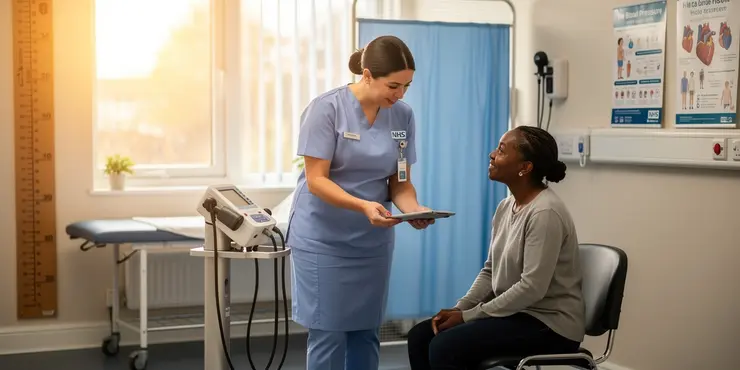
Is there a specific time of day when coffee has the most impact on blood pressure?
Relevance: 100%
-
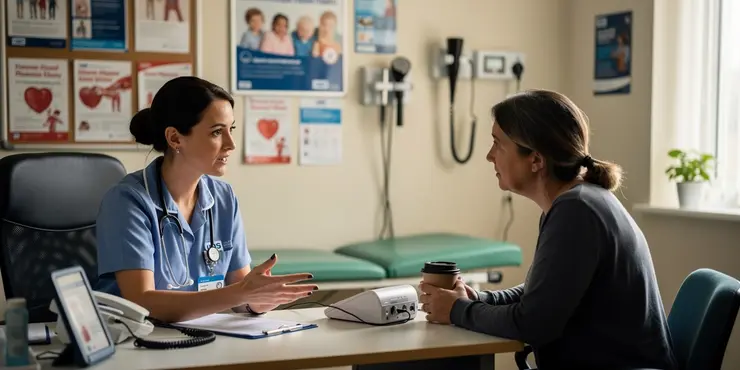
How can one minimize the impact of coffee on blood pressure?
Relevance: 84%
-
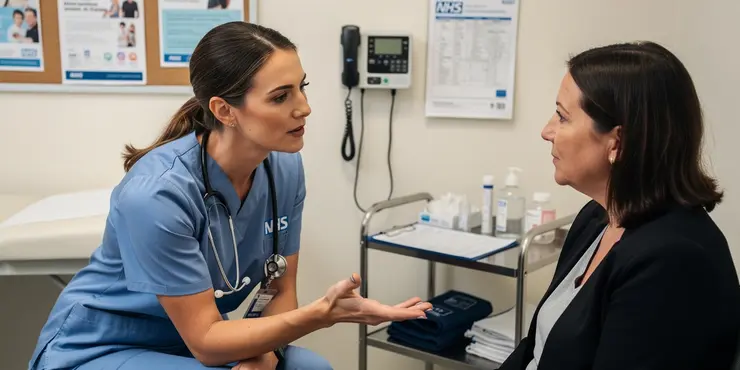
Does genetic makeup affect how coffee impacts blood pressure?
Relevance: 76%
-
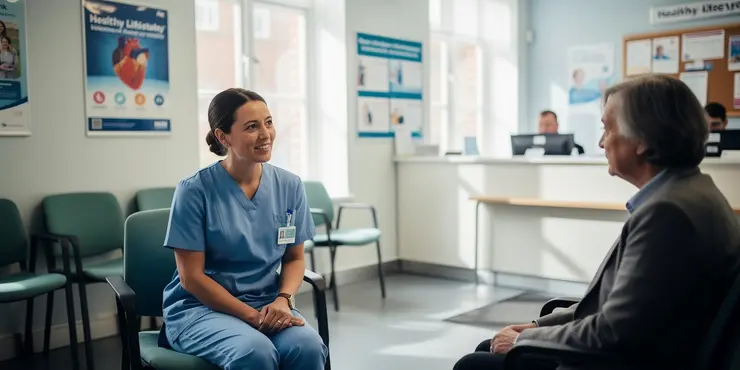
Is Your Morning Coffee a Risk Factor for High Blood Pressure?
Relevance: 74%
-
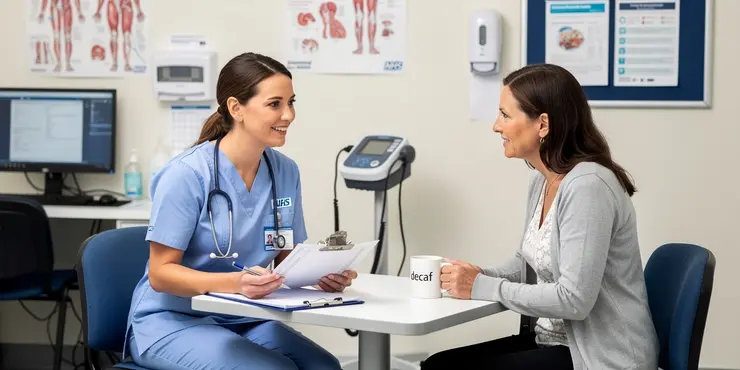
Can decaffeinated coffee affect blood pressure?
Relevance: 74%
-
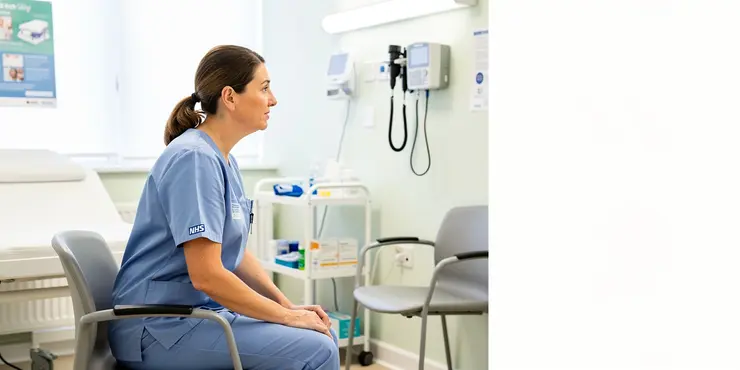
Are there any other factors in coffee that may affect blood pressure?
Relevance: 73%
-
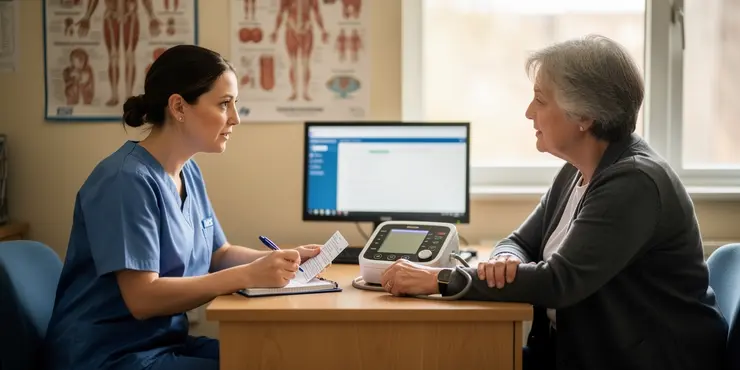
Is it safe to take blood pressure medication with coffee?
Relevance: 73%
-

Should people with high blood pressure avoid coffee entirely?
Relevance: 69%
-
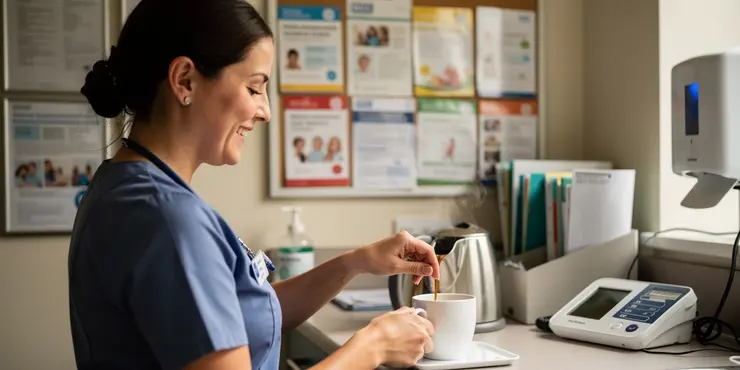
How soon after drinking coffee can blood pressure be affected?
Relevance: 69%
-
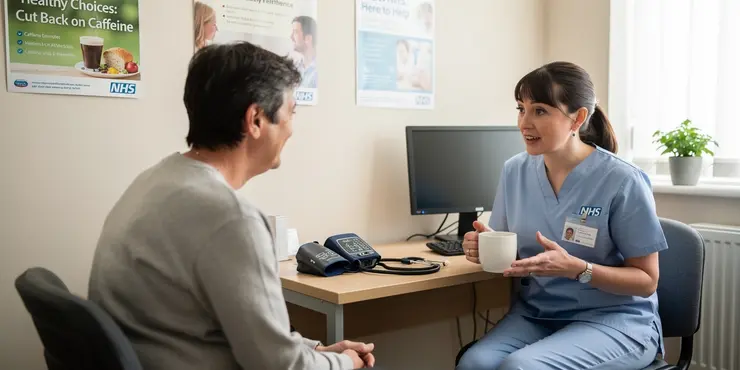
Does drinking coffee every morning increase the risk of developing high blood pressure?
Relevance: 69%
-
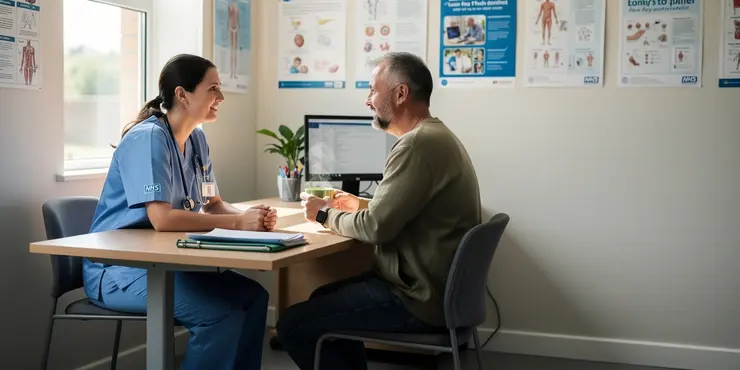
Is green tea a better alternative to coffee for blood pressure management?
Relevance: 67%
-
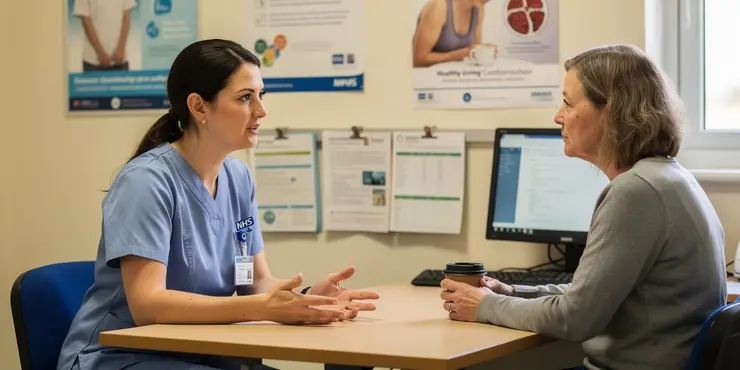
What is the recommended number of coffee cups per day for hypertensive individuals?
Relevance: 62%
-
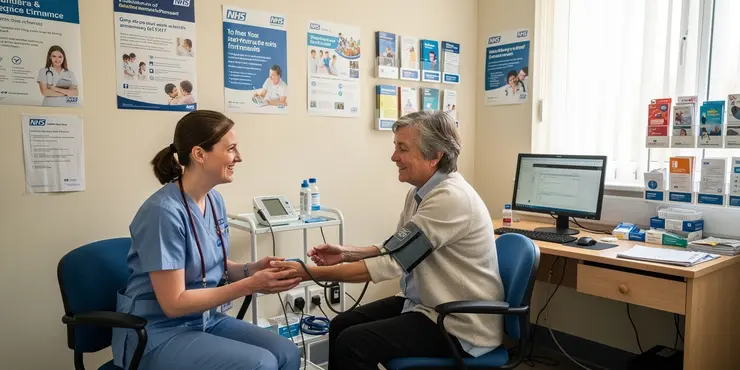
How does caffeine affect blood pressure?
Relevance: 57%
-
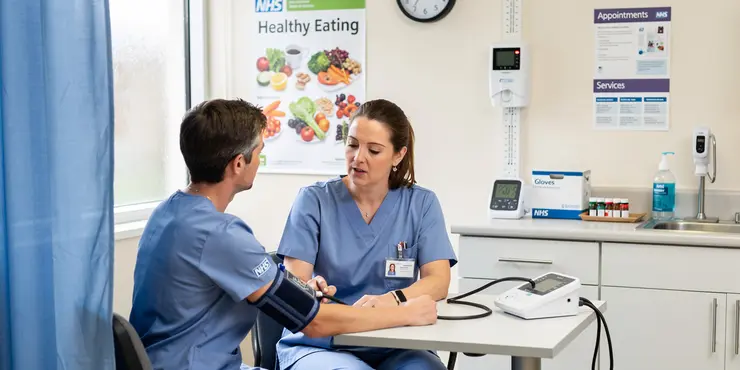
Does caffeine affect blood pressure?
Relevance: 57%
-

How does regular caffeine consumption impact tolerance and blood pressure?
Relevance: 55%
-
How does salt impact blood pressure?
Relevance: 52%
-
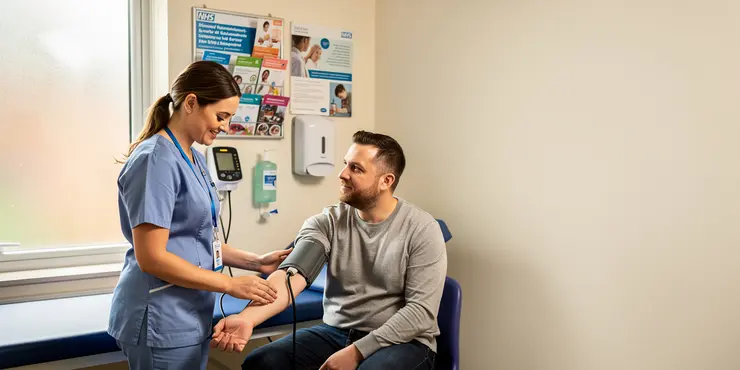
What is the link between coffee consumption and high blood pressure?
Relevance: 51%
-
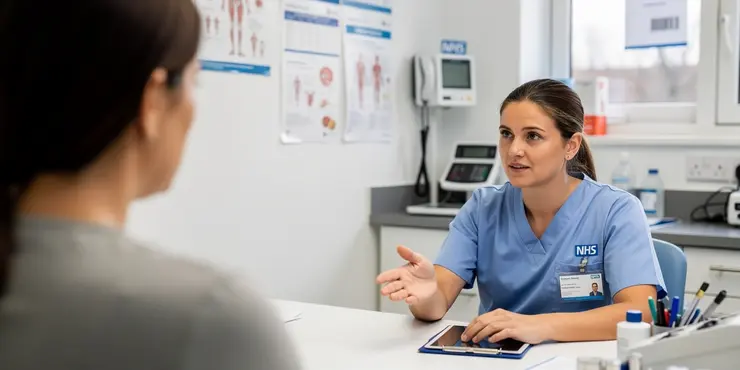
How much caffeine is generally considered safe for people with high blood pressure?
Relevance: 50%
-
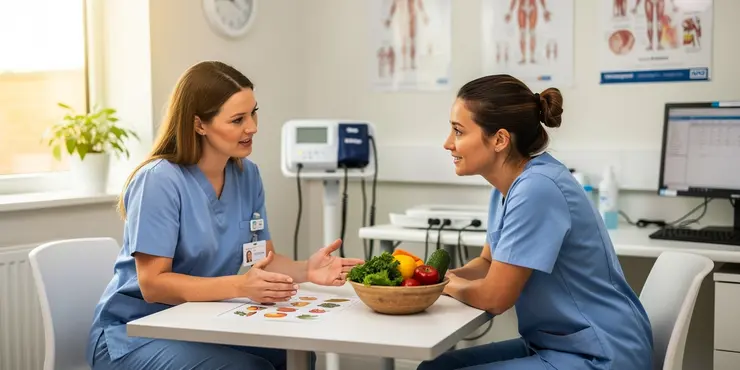
How does diet affect blood pressure?
Relevance: 47%
-
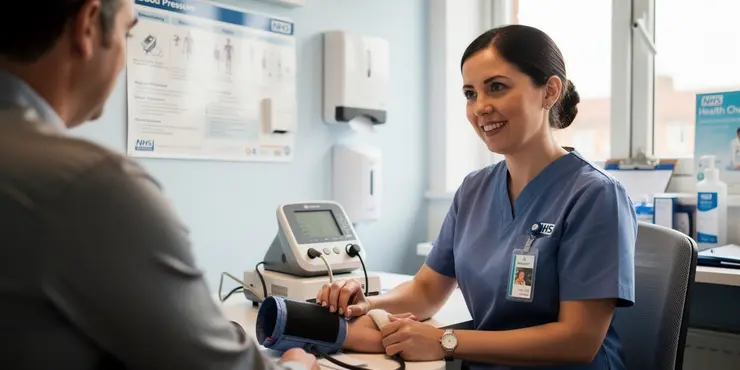
How is high blood pressure diagnosed?
Relevance: 45%
-
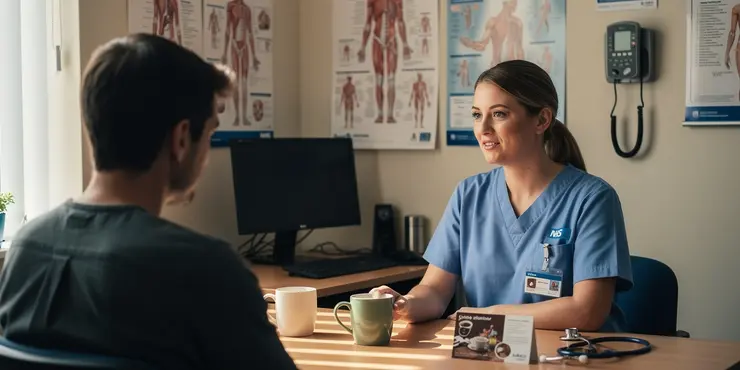
Does coffee consumption have any long-term heart health effects?
Relevance: 44%
-
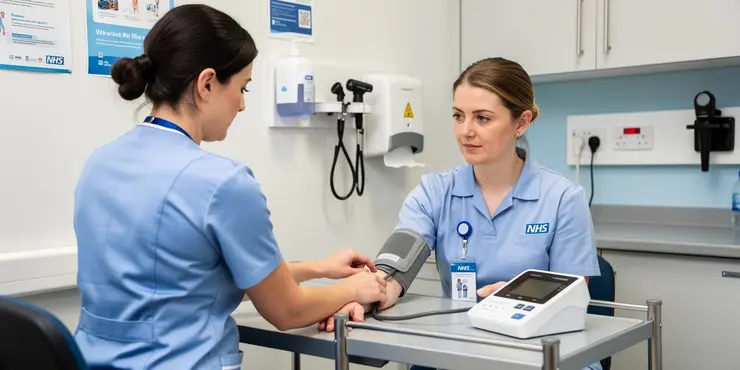
How often should I check my blood pressure?
Relevance: 42%
-
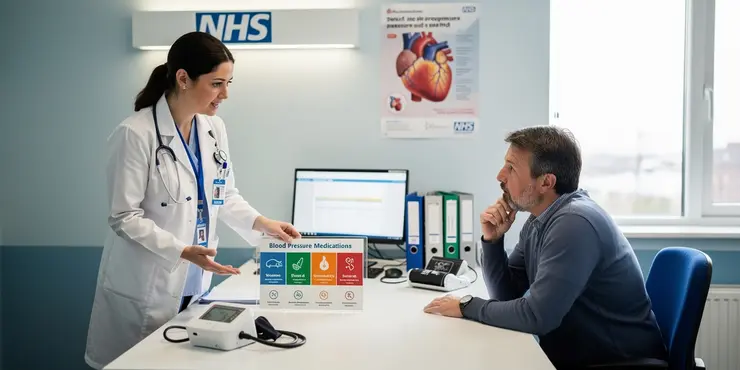
How do medications help control high blood pressure?
Relevance: 42%
-
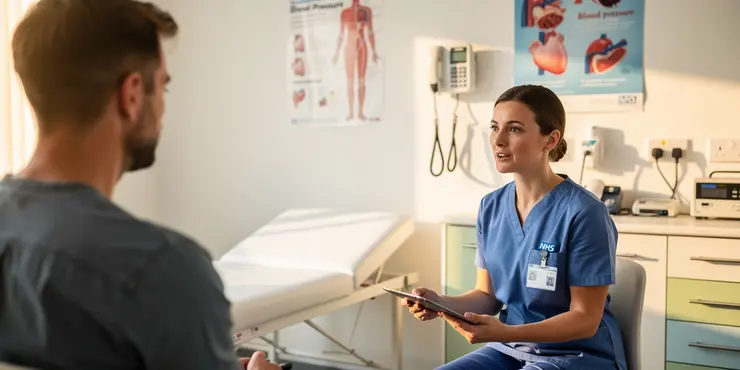
Can high blood pressure be prevented?
Relevance: 42%
-
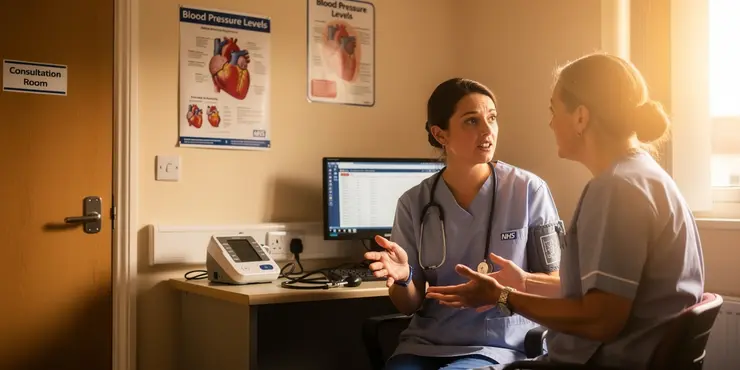
What is high blood pressure?
Relevance: 41%
-
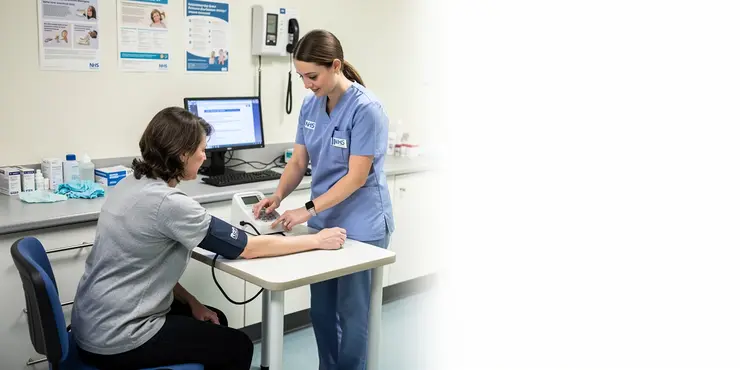
Seven Reaasons For Measuring blood pressure
Relevance: 41%
-
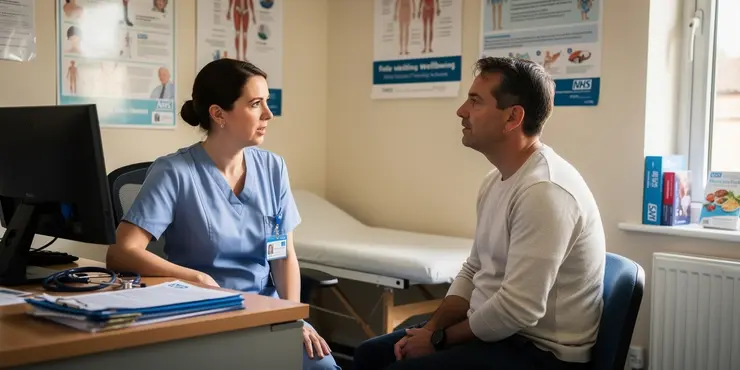
What causes high blood pressure?
Relevance: 41%
-
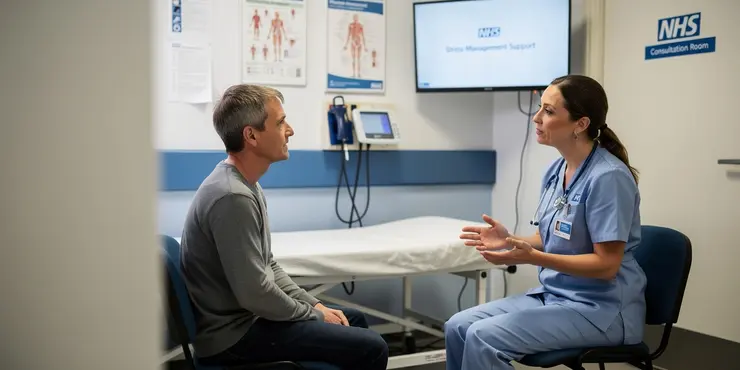
Can stress cause high blood pressure?
Relevance: 41%
-
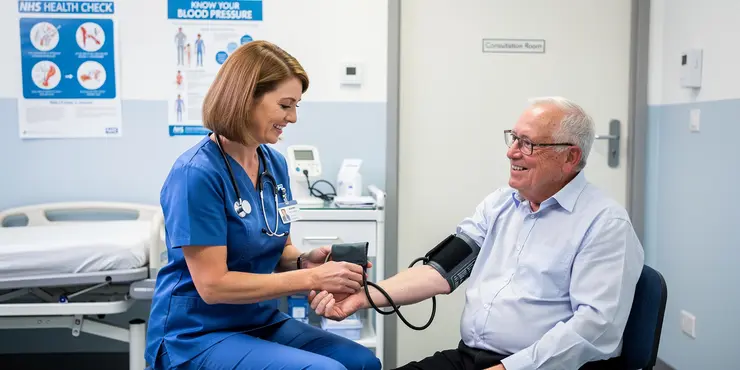
How to take someone's blood pressure
Relevance: 40%
-
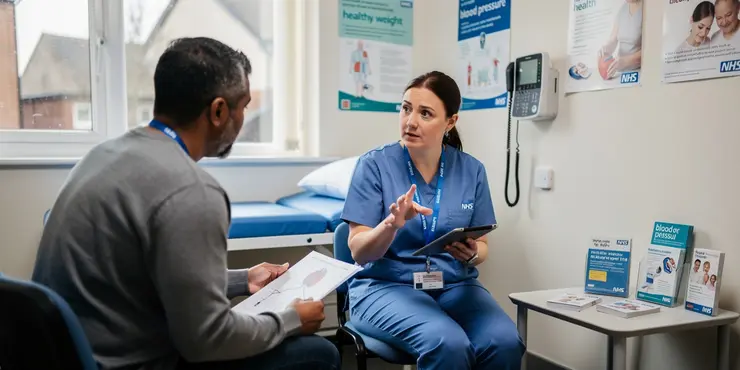
Can weight loss drugs affect blood pressure?
Relevance: 40%
-
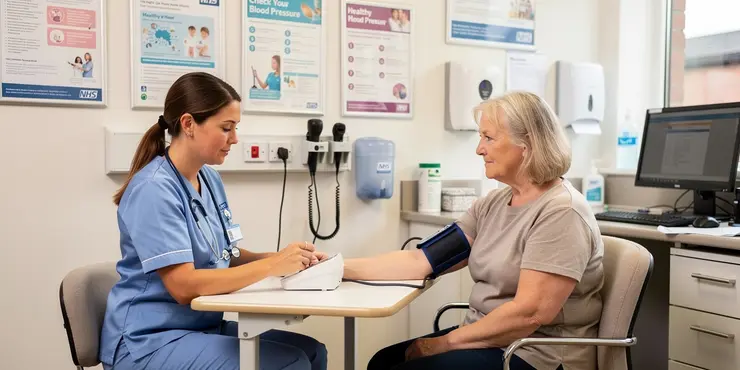
What are the risks of having high blood pressure?
Relevance: 40%
-
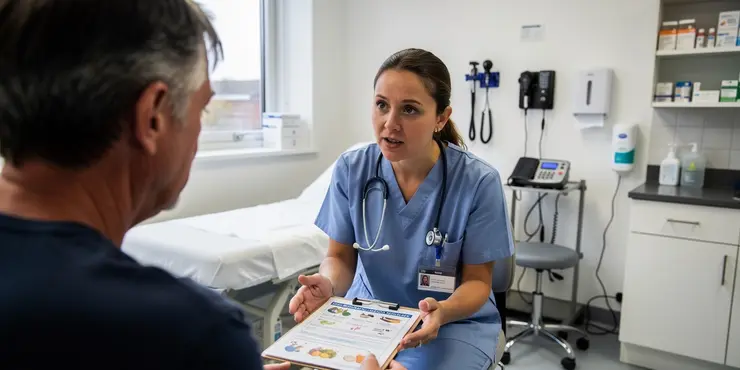
What lifestyle changes can lower blood pressure?
Relevance: 39%
-
What is the ideal salt intake for someone with high blood pressure?
Relevance: 39%
-
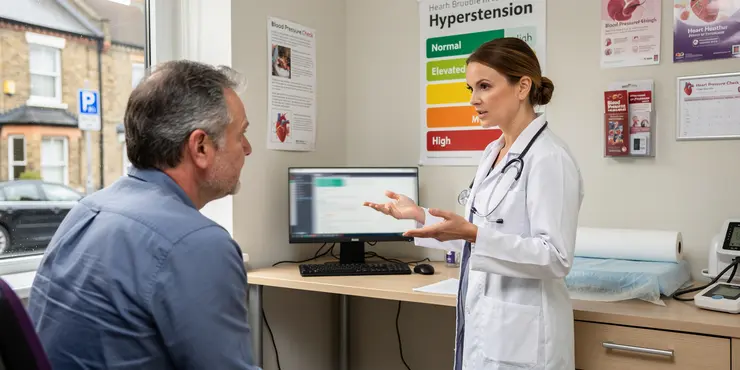
Can high blood pressure lead to other health problems?
Relevance: 39%
-
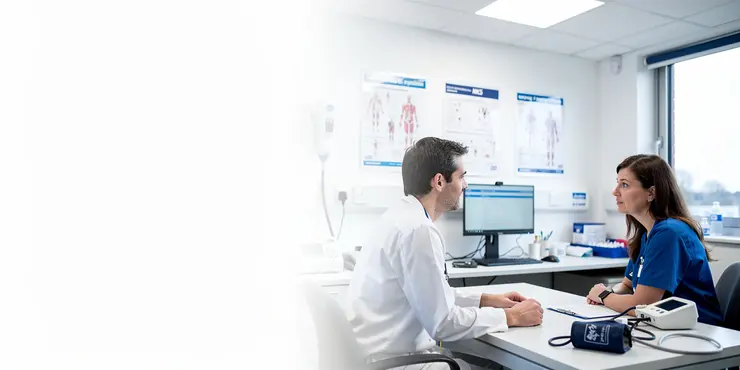
How can high blood pressure be treated?
Relevance: 38%
-
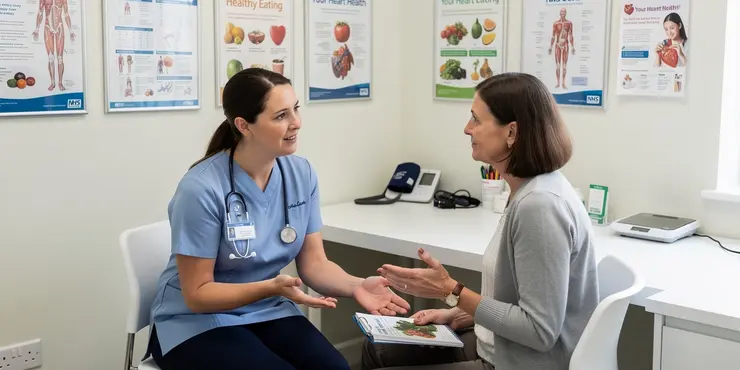
What is the role of potassium in managing blood pressure?
Relevance: 38%
-
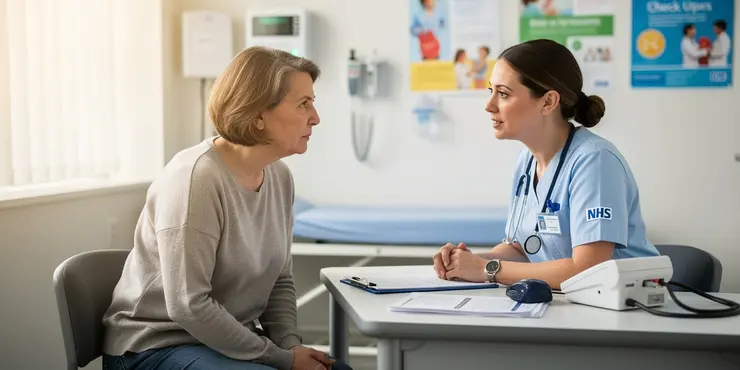
Why is high blood pressure called a 'silent killer'?
Relevance: 38%
-
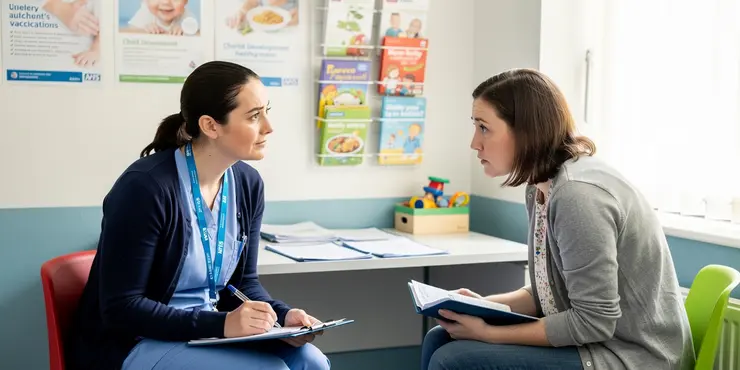
Should I test my child for high blood pressure?
Relevance: 38%
-
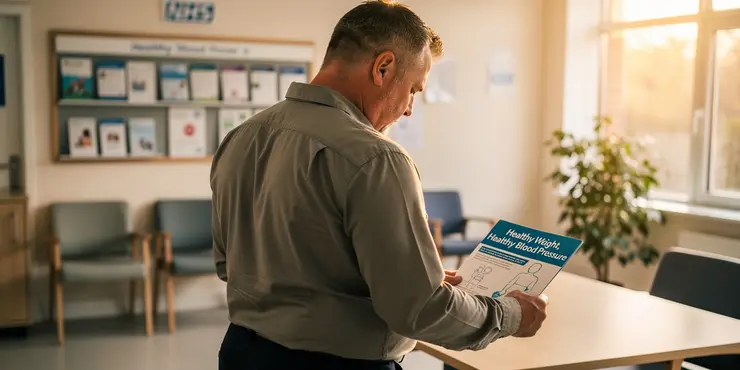
Can weight loss help reduce high blood pressure?
Relevance: 37%
-
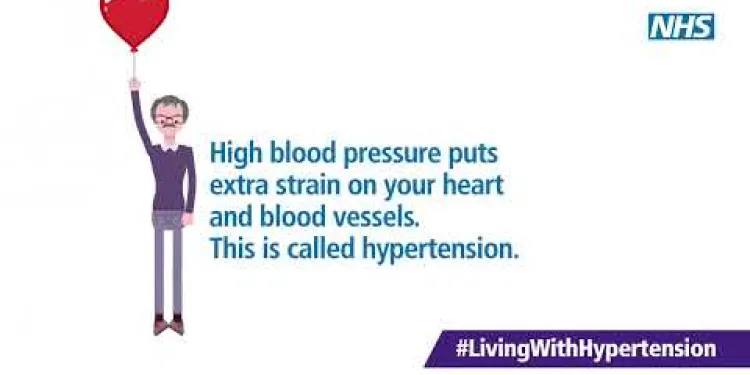
Blood pressure too high? Living with hypertension animation
Relevance: 35%
The Impact of Coffee on Blood Pressure
Coffee is a popular beverage consumed for its stimulating effects, primarily due to caffeine. The impact of coffee on blood pressure has been a topic of interest, particularly regarding whether there is a specific time of day when its effects are most pronounced. While coffee can temporarily raise blood pressure, the time of day it is consumed may influence this impact due to the body’s natural rhythms and caffeine metabolism.
Caffeine Metabolism and Its Effects
Caffeine is known to cause a short-term increase in blood pressure, an effect that varies among individuals due to factors like genetics, habitual consumption, and tolerance levels. Typically, caffeine reaches its peak level in the bloodstream within 30 to 60 minutes after consumption and has a half-life of about 3 to 5 hours. Regular coffee drinkers might experience lesser increases in blood pressure compared to those who consume coffee infrequently, as tolerance develops over time.
Circadian Rhythms and Blood Pressure
The body follows a natural circadian rhythm, which regulates various physiological functions, including blood pressure. Blood pressure tends to be higher in the morning and gradually decreases throughout the day. As such, consuming coffee in the morning, when blood pressure is naturally higher, could amplify the blood pressure-raising effects of caffeine. Conversely, drinking coffee later in the day may coincide with naturally lower blood pressure levels, potentially leading to a relatively smaller increase.
Individual Responses and Recommendations
It is important to note that individual responses to coffee can vary significantly. Some individuals may be more sensitive to caffeine and experience more pronounced blood pressure changes, regardless of the time of day. Health professionals generally recommend moderating coffee intake to around 3 to 4 cups a day for most adults in the UK, although those with hypertension or other cardiovascular concerns might need to limit their consumption further.
Conclusion: Coffee Timing and Blood Pressure
While the time of day may influence how coffee affects blood pressure, individual differences and habits play a significant role. Those concerned about the impact of coffee on their blood pressure should consider monitoring their own response to caffeine and possibly adjusting their consumption time and quantity based on personal health goals and medical advice. Overall, understanding one’s unique response and maintaining moderation are key to managing coffee’s effects on blood pressure.
The Effect of Coffee on Blood Pressure
Coffee is a drink that many people like because it wakes them up. This is because of something in it called caffeine. People wonder how coffee affects blood pressure, which is the pressure of blood in our veins. Some people ask if drinking coffee at different times of the day changes how it affects blood pressure. Coffee can make blood pressure go up for a little while. When you drink coffee might change this effect because of how the body works during the day and how it handles caffeine.
How Caffeine Affects You
Caffeine can make blood pressure go up for a short time. This happens differently for everyone. This is because of things like your genes, how much coffee you usually drink, and how used to it you are. Caffeine starts working in your blood about 30 to 60 minutes after you drink it and stays in your body for 3 to 5 hours. People who drink coffee a lot might not see much change in blood pressure because their body gets used to it.
Body’s Daily Rhythm and Blood Pressure
The body has a clock inside it that controls things like blood pressure. Blood pressure is usually higher in the morning and goes down during the day. Drinking coffee in the morning when blood pressure is higher might make it go up more. If you drink coffee later in the day, it might not make blood pressure go up as much because blood pressure is lower later.
Different Reactions and Tips
People react to coffee in different ways. Some are more sensitive to caffeine and have bigger blood pressure changes, no matter what time they drink it. Doctors usually say it’s okay to drink 3 to 4 cups of coffee a day. But if you have high blood pressure or heart problems, you may need to drink less coffee.
Summary: When to Drink Coffee and Blood Pressure
When you drink coffee could change how it affects your blood pressure. But how each person reacts is different. If you’re worried about how coffee affects your blood pressure, watch how your body reacts to caffeine. You can change when and how much you drink based on your health goals and doctor’s advice. Knowing how coffee affects you and drinking it in moderation is important to keep blood pressure healthy.
Frequently Asked Questions
Does the time of day affect coffee's impact on blood pressure?
Yes, the time of day can influence how coffee affects blood pressure due to variations in cortisol levels.
When are cortisol levels naturally higher?
Cortisol levels are naturally higher in the early morning, peaking around 8 to 9 a.m.
How does cortisol interact with caffeine's effects?
Cortisol can amplify caffeine's stimulating effects, potentially impacting blood pressure more significantly in the morning.
Should I avoid coffee in the morning to reduce blood pressure spikes?
If you are sensitive to caffeine and worried about blood pressure spikes, you may want to limit morning coffee intake.
Does caffeine sensitivity vary among individuals?
Yes, individual sensitivity to caffeine can vary due to factors like genetics and habitual caffeine consumption.
Is it better to drink coffee in the afternoon for stable blood pressure?
Some people may find caffeine's impact on blood pressure less pronounced in the afternoon due to lower cortisol levels.
What role does habitual caffeine consumption play?
Regular coffee drinkers may develop a tolerance, leading to a reduced impact on blood pressure.
Can drinking coffee at night affect sleep and blood pressure?
Yes, consuming coffee late in the evening can interfere with sleep and may increase blood pressure in sensitive individuals.
How soon after drinking coffee can blood pressure rise?
Blood pressure can rise within 30 minutes of consuming coffee and may last up to 3 hours.
Is decaffeinated coffee a better option for blood pressure concerns?
Decaffeinated coffee may have a smaller impact on blood pressure, making it a suitable choice for sensitive individuals.
Does coffee impact blood pressure differently in hypertensive individuals?
Hypertensive individuals may experience more pronounced blood pressure changes after consuming coffee.
Can milk or sugar in coffee affect its impact on blood pressure?
Adding milk or sugar typically does not alter caffeine's impact on blood pressure significantly.
How does coffee consumption compare to other dietary factors in impacting blood pressure?
While coffee can affect blood pressure, factors like sodium intake, obesity, and stress often have a more substantial impact.
Should people with high blood pressure avoid coffee altogether?
Individuals with high blood pressure should consult their healthcare provider about coffee consumption, as it may need to be limited.
How does the type of coffee (espresso, brewed, etc.) affect blood pressure?
Different coffee types can have varying caffeine levels, which may influence their effect on blood pressure.
Does regular exercise influence how coffee affects blood pressure?
Regular exercise can help manage blood pressure and may mitigate some of caffeine's effects.
Is green tea a better alternative for those monitoring blood pressure?
Green tea contains less caffeine and additional antioxidants, which may make it a better alternative for those concerned about blood pressure.
Can the method of coffee preparation affect its impact on blood pressure?
Brewing methods that extract more caffeine, like espresso, might have a greater impact on blood pressure.
Are there specific times when coffee is least likely to affect blood pressure?
Mid-morning and mid-afternoon, when cortisol levels have naturally decreased, may be better times for coffee consumption to minimize impact.
What other lifestyle factors can help mitigate coffee's impact on blood pressure?
Maintaining a balanced diet, reducing sodium intake, staying active, and managing stress can help reduce the impact of coffee on blood pressure.
Does drinking coffee at different times change how it affects blood pressure?
Does having coffee in the morning or afternoon make a difference to blood pressure?
Keeping a record of when you have coffee can help.
Talking to a doctor can also be useful.
Yes, the time of day can change how coffee affects blood pressure because the body's cortisol levels change at different times.
When is cortisol naturally higher in our bodies?
Your body makes something called cortisol. It is highest in the morning, around 8 to 9 a.m.
How do cortisol and caffeine work together?
Cortisol is a chemical in your body that helps you feel awake and alert.
Caffeine is in drinks like coffee and makes you feel more awake and energetic too.
When you have caffeine, your body makes more cortisol. This makes you feel even more awake.
Some people can feel nervous or jittery with too much caffeine or cortisol.
It helps to be careful with caffeine and see how it makes you feel.
If you need support, tools like picture books or apps that read text out loud can help you understand better.
Cortisol can make caffeine work stronger. This can make your heart beat faster. This is why caffeine can affect blood pressure more in the morning.
Is it better to skip coffee in the morning to keep my blood pressure from going up?
If coffee makes you feel too awake or worried, it might be good to drink less of it in the morning.
Does caffeine affect everyone in the same way?
Yes, how caffeine affects people can be different. It depends on things like your genes and how much caffeine you usually drink.
Is it okay to drink coffee in the afternoon and keep your blood pressure steady?
Coffee is a drink many people like. But is it good to drink it in the afternoon if you want your blood pressure to stay the same?
Blood pressure is the force of blood moving in your body. It is important to keep it steady.
Some people use tools like a blood pressure monitor to check their blood pressure. This helps them know if it is too high or too low.
If you want to find out more, you can ask a doctor. They can help you know what is best for you.
Some people might not feel a big change in blood pressure from caffeine in the afternoon. This is because their body makes less cortisol at that time. Cortisol is a stress hormone that can make you feel more awake.
What does drinking caffeine every day do?
People who drink coffee a lot might get used to it. This can make it have less effect on their blood pressure.
Does drinking coffee at night change how you sleep and your blood pressure?
Drinking coffee late at night can make it hard to sleep. It can also make blood pressure go up for some people.
When does coffee make your blood pressure go up?
After you drink coffee, your blood pressure can go up. This can happen in just 30 minutes and might last for up to 3 hours.
Is decaf coffee better for blood pressure?
Do you worry about high blood pressure? Decaf coffee might be a good choice for you.
Decaf coffee has less caffeine. Less caffeine can help keep your blood pressure lower.
If you need help, you can:
- Ask a doctor for advice.
- Use apps to track your blood pressure.
- Read simple books about coffee and health.
Decaffeinated coffee might not affect blood pressure as much. This means it can be a good choice for people who are sensitive.
How does coffee affect blood pressure in people with high blood pressure?
Coffee might change blood pressure. If you have high blood pressure, coffee could affect you in a special way. It's good to know how your body reacts.
Here are some tips to understand better:
- Ask a doctor if coffee is okay for you.
- Try drinking less coffee to see how you feel.
- Keep track of your blood pressure after drinking coffee.
People with high blood pressure might notice bigger changes in their blood pressure after drinking coffee.
Does adding milk or sugar to coffee change how it affects blood pressure?
Putting milk or sugar in your drink doesn't really change how caffeine affects your blood pressure.
How does drinking coffee affect blood pressure compared to other foods and drinks?
Drinking a lot of coffee can change blood pressure. Blood pressure is how hard the blood pushes against blood vessels. Coffee has a substance called caffeine that can make blood pressure higher.
Other foods and drinks can also affect blood pressure. For example, eating too much salt, sugary drinks, or foods high in fat can raise blood pressure. Eating fruits, vegetables, and whole grains can help lower blood pressure.
To keep blood pressure healthy, try to drink coffee in small amounts, eat healthy foods, and exercise often. It can be helpful to use a blood pressure monitor to check how your body reacts to different foods and drinks.
If you find reading hard, you can use audiobooks or ask someone to help read aloud. You can also use pictures or videos to help understand better.
Coffee can change blood pressure. But things like eating too much salt, being overweight, and feeling stressed can affect it even more.
Can people with high blood pressure drink coffee?
If you have high blood pressure, should you still drink coffee?
Ask your doctor: Talk to your doctor about drinking coffee. They can give you the best advice.
Try decaf: You can try drinking coffee without caffeine, called decaf. It might be better for you.
Check your blood pressure: After drinking coffee, check your blood pressure. See if it changes.
Listen to your body: If coffee makes you feel bad, try drinking less.
If you have high blood pressure, talk to your doctor about drinking coffee. You might need to drink less coffee.
Does different coffee change blood pressure?
Does the type of coffee you drink, like espresso or brewed coffee, change your blood pressure?
Here are some tips to help understand:
- Drink a small amount first to see how you feel.
- Check your blood pressure with a simple monitor.
- Write down how you feel after drinking coffee.
- Ask a doctor if you feel unsure.
If reading is hard, you can try:
- Using apps that read text out loud.
- Watching videos that explain things simply.
- Asking someone to read with you.
Different kinds of coffee can have different amounts of caffeine. The caffeine can change how coffee affects your blood pressure.
Does doing exercise a lot change how coffee affects your blood pressure?
Exercising often can help keep your blood pressure healthy. It can also help with some effects of caffeine.
Is Green Tea Good for People Watching Their Blood Pressure?
Green tea might be helpful for people who want to keep an eye on their blood pressure. But it's good to talk to a doctor about it.
Helpful tip: Use pictures and videos to learn more. Ask someone you trust about it too. They can help explain.
Green tea has less caffeine. It also has special things called antioxidants that are good for you. This can be a better choice for people worried about their blood pressure.
Does how you make coffee change what it does to your blood pressure?
Making coffee in different ways can change how much caffeine is in your drink. Coffee like espresso has a lot of caffeine. This can make your blood pressure go up.
When is it best to drink coffee so it doesn’t change blood pressure?
It's better to drink coffee late in the morning or late in the afternoon. Your body's energy levels are lower at these times, so coffee won't affect you as much.
What other things can help with coffee's effect on blood pressure?
Coffee can make your blood pressure go up. Here are some things that can help:
- Exercise: Move your body every day. Try walking or playing outside.
- Healthy Eating: Eat more fruits and vegetables. Try to eat less salt and sugar.
- Relax: Take deep breaths. Try activities like drawing or listening to music.
- Sleep: Get a good night's sleep. Try to go to bed at the same time every night.
These tips can help keep your blood pressure healthy. Talk to a doctor if you need more help.
Eating healthy food, eating less salty food, exercising, and staying calm can help lower the effect of coffee on your blood pressure.
Useful Links
This website offers general information and is not a substitute for professional advice.
Always seek guidance from qualified professionals.
If you have any medical concerns or need urgent help, contact a healthcare professional or emergency services immediately.
Some of this content was generated with AI assistance. We’ve done our best to keep it accurate, helpful, and human-friendly.
- Ergsy carfully checks the information in the videos we provide here.
- Videos shown by Youtube after a video has completed, have NOT been reviewed by ERGSY.
- To view, click the arrow in centre of video.
- Most of the videos you find here will have subtitles and/or closed captions available.
- You may need to turn these on, and choose your preferred language.
- Go to the video you'd like to watch.
- If closed captions (CC) are available, settings will be visible on the bottom right of the video player.
- To turn on Captions, click settings .
- To turn off Captions, click settings again.
More Items From Ergsy search
-

Is there a specific time of day when coffee has the most impact on blood pressure?
Relevance: 100%
-

How can one minimize the impact of coffee on blood pressure?
Relevance: 84%
-

Does genetic makeup affect how coffee impacts blood pressure?
Relevance: 76%
-

Is Your Morning Coffee a Risk Factor for High Blood Pressure?
Relevance: 74%
-

Can decaffeinated coffee affect blood pressure?
Relevance: 74%
-

Are there any other factors in coffee that may affect blood pressure?
Relevance: 73%
-

Is it safe to take blood pressure medication with coffee?
Relevance: 73%
-

Should people with high blood pressure avoid coffee entirely?
Relevance: 69%
-

How soon after drinking coffee can blood pressure be affected?
Relevance: 69%
-

Does drinking coffee every morning increase the risk of developing high blood pressure?
Relevance: 69%
-

Is green tea a better alternative to coffee for blood pressure management?
Relevance: 67%
-

What is the recommended number of coffee cups per day for hypertensive individuals?
Relevance: 62%
-

How does caffeine affect blood pressure?
Relevance: 57%
-

Does caffeine affect blood pressure?
Relevance: 57%
-

How does regular caffeine consumption impact tolerance and blood pressure?
Relevance: 55%
-
How does salt impact blood pressure?
Relevance: 52%
-

What is the link between coffee consumption and high blood pressure?
Relevance: 51%
-

How much caffeine is generally considered safe for people with high blood pressure?
Relevance: 50%
-

How does diet affect blood pressure?
Relevance: 47%
-

How is high blood pressure diagnosed?
Relevance: 45%
-

Does coffee consumption have any long-term heart health effects?
Relevance: 44%
-

How often should I check my blood pressure?
Relevance: 42%
-

How do medications help control high blood pressure?
Relevance: 42%
-

Can high blood pressure be prevented?
Relevance: 42%
-

What is high blood pressure?
Relevance: 41%
-

Seven Reaasons For Measuring blood pressure
Relevance: 41%
-

What causes high blood pressure?
Relevance: 41%
-

Can stress cause high blood pressure?
Relevance: 41%
-

How to take someone's blood pressure
Relevance: 40%
-

Can weight loss drugs affect blood pressure?
Relevance: 40%
-

What are the risks of having high blood pressure?
Relevance: 40%
-

What lifestyle changes can lower blood pressure?
Relevance: 39%
-
What is the ideal salt intake for someone with high blood pressure?
Relevance: 39%
-

Can high blood pressure lead to other health problems?
Relevance: 39%
-

How can high blood pressure be treated?
Relevance: 38%
-

What is the role of potassium in managing blood pressure?
Relevance: 38%
-

Why is high blood pressure called a 'silent killer'?
Relevance: 38%
-

Should I test my child for high blood pressure?
Relevance: 38%
-

Can weight loss help reduce high blood pressure?
Relevance: 37%
-

Blood pressure too high? Living with hypertension animation
Relevance: 35%


